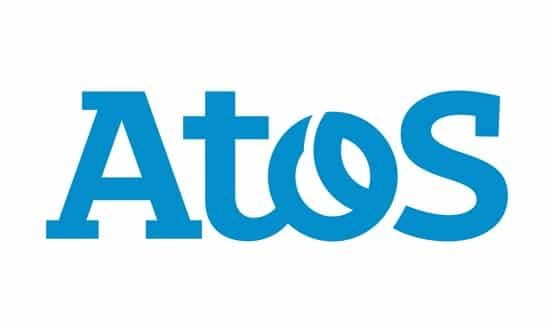ICT strategy promises to save millions
- 30 March 2011

A new strategy, which the government says will save millions that are currently wasted on public sector ICT, was published by the Cabinet Office today.
The strategy promises to end “big bang” solutions, break the “oligopoly of big business” supplying government IT and create opportunities for small and medium sized enterprises.
It also heralds a move to scale back the size of government IT programmes by creating a presumption against projects having a lifetime value of more than £100m.
The strategy identifies seven challenges currently afflicting public sector IT:
- projects tend to be too big, leading to greater risk and complexity, and limiting the range of suppliers who can compete
- departments, agencies and public bodies too rarely reuse and adapt systems which are available ‘off the shelf’ or have already been commissioned by another part of government, leading to wasteful duplication
- systems are too rarely interoperable
- infrastructure is insufficiently integrated, leading to inefficiency and separation
- there is serious over-capacity, especially in data centres
- procurement timescales are far too long and costly, squeezing out all but the biggest, usually multinational, suppliers; and
- too little attention has been given at senior level to the implementation of big ICT projects and programmes, either by senior officials or by ministers. Similarly, senior responsible owners (SROs) have rarely been allowed to stay in post long enough.
Cabinet Office minister, Francis Maude, said: “For too long, government has wasted vast amounts of money on ineffective and duplicate IT systems. We need to ensure that frontline services have the tools to do their job to deliver effective public services.
"We will cut out duplication and wastage by sharing more of our assets across government and using common systems.
"We will end the oligopoly of big business supplying government IT by breaking down contracts into smaller, more flexible projects. This will open up the market to SMEs and new providers."
In the ICT strategy, the government commits to:
- reduce the cost of using data centres by 35% over five years – cutting their carbon footprint
- move away from big bang solutions delivered by the same large suppliers to a greater number of smaller and agile projects
- publish details of government contracts and reduce bureaucracy and costs, so that new providers and SMEs have the opportunity to win government ICT contracts
- share and reuse ICT solutions and services, via a common ICT infrastructure, an ICT asset register and fully online applications store, to enable the reuse of business applications and components across the public sector
- enable interoperable ICT by using common and open standards, creating cross-government standards on application programme interfaces and developing a quality assurance ‘kite mark’ – helping to open up new innovative services from a diverse range of providers.
The strategy document sets out a delivery timetable for producing results in the next two years.
John Higgins, director-general of Intellect, the UK’s trade body for the IT industry, commented: “UK taxpayers should expect the best from their public services, and this strategy provides a clear direction for how technology can help deliver better services for less.
“We are especially pleased to see that it recognises ICT as an enabler and not just an overhead. By adopting innovative approaches and opening up opportunities to SMEs, social enterprises, charities and other new providers, we will see a dynamic supplier ecosystem and greater benefits to the taxpayer.
“The technology industry is fully behind this strategy and we are committed to working collectively with the government to turn it into reality.”




